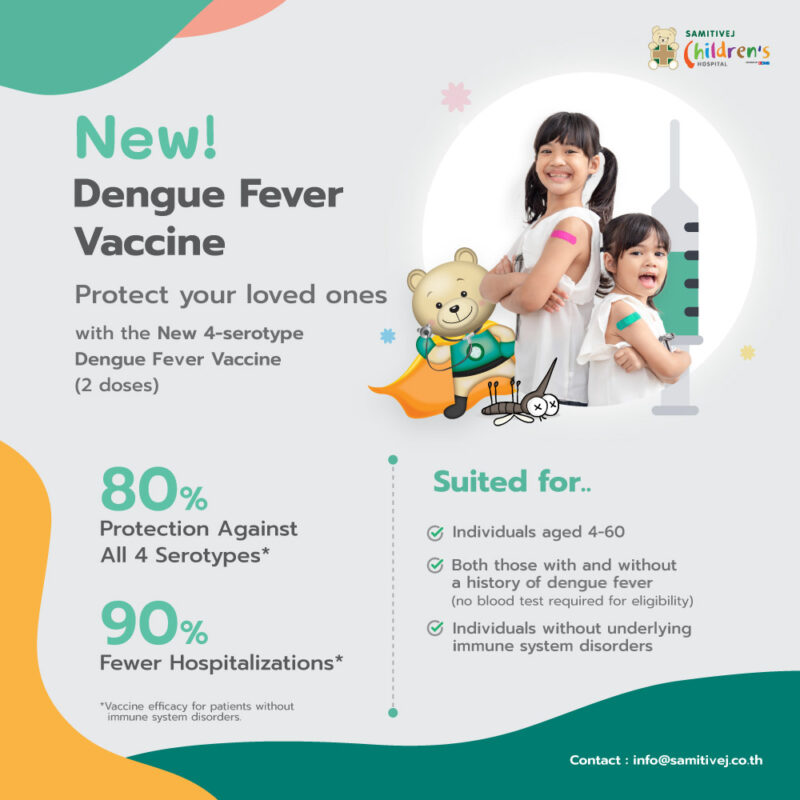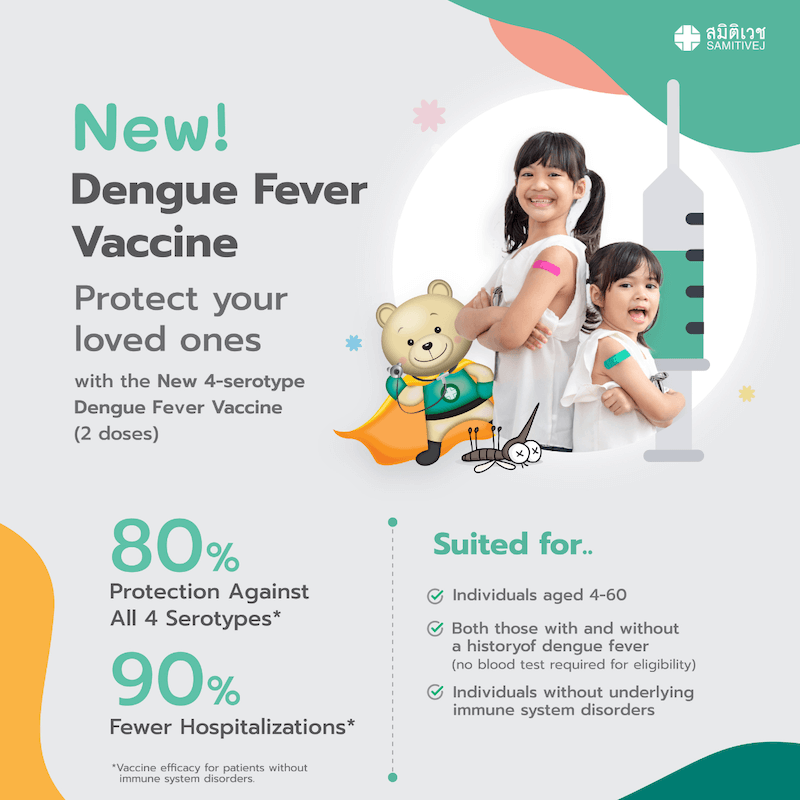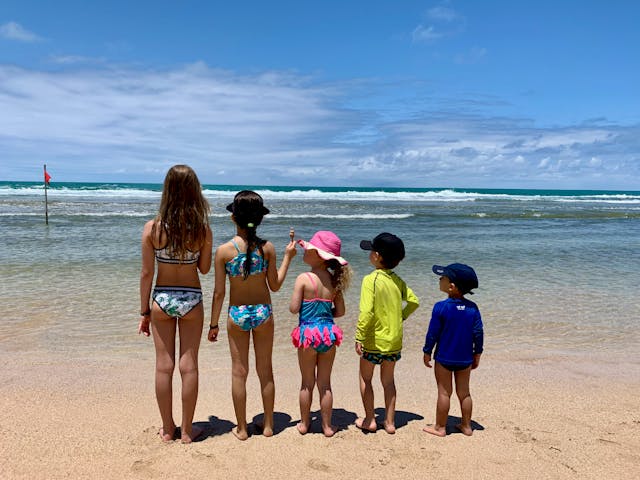School-age children have plenty of challenges to deal with as they go through the stages of development and face the pressures of school work. So imagine the added stress a child experiences when he or she also has an undiagnosed vision problem that makes reading difficult or can’t understand what the teacher says because of a hearing impairment.
Hearing and vision problems are among the most common health issues for school-age children, and many go undiagnosed or are mistaken for other conditions. The good news is, most hearing and vision conditions are treatable and respond better the earlier they are diagnosed and treated.
Here is a look at what parents should know about their child’s hearing and vision health, and the signs to look for that may indicate a potential problem affecting the child’s ability to hear and see.
HEARING
Hearing ability is fundamental to a child’s normal, healthy growth and development, beginning while the baby is still in the mother’s womb. Between 2 and 3 of every 1,000 babies are born with moderate, profound or severe hearing loss. While the number may seem fairly low, hearing loss is actually among the most frequently occurring birth defects. Babies born prematurely, and newborns who require intensive care treatment at birth, have a much higher risk for significant hearing loss at birth.
Newborn screening
Most hospitals have adopted universal hearing loss screening tests for newborns, so that every baby’s hearing is tested before leaving the hospital for the first time. If you’re raising an infant or child under two years of age and are unsure whether a hearing test was conducted at the time of birth, it’s a good idea to contact the hospital to confirm the test was done just to be sure. It is recommended that your child has a second hearing test between the age of three and five before starting school.
The impact of hearing loss
Hearing ability is a critical component to a child’s normal speech and language development, and the younger a child is when a hearing loss occurs, the greater the impact on the child’s development. Slower language development leads to learning problems and affects school performance, especially in reading and math. In general, academic achievement is significantly lower among students with some degree of hearing loss versus students with normal hearing, and hearing-impaired students are more likely to be forced to repeat one or more grades during their school years.
Hearing loss also creates communication difficulties that can cause a child to become socially isolated and experience lower levels of self-esteem and self-worth. Hearing loss also puts children at significantly higher risk for depression and other mental health disorders. Surprisingly, problems socializing and interacting with other children are more prevalent among children with moderate hearing loss compared to children with more severe hearing loss.
Signs your child may have a hearing problem
Here are some of the signs parents should look for that may indicate their child has a hearing issue requiring further investigation by a doctor:
- the child doesn’t notice or doesn’t react after you’ve said something to them;
- the child asks to have things repeated;
- doesn’t correctly pronounce words and sentences;
- he or she begins talking later than kids the same age;
- struggles to hear a particular voice when several people are talking;
- is doing poorly in school.
If you’re unsure, talk to your doctor. And it’s always a good idea for kids to have periodic screenings and annual check-ups that include a hearing check that may reveal a problem that had previously been undetected.
VISION
Vision is just as important to a child’s learning and development, but vision problems are more common. The most prevalent vision problem in children involves refractive errors — being nearsighted, farsighted or having astigmatism are the leading errors — that are neither diseases nor illnesses. Refractive errors are disorders that cause light rays entering the eyes to not focus on the retina, which produces blurred vision.
The consequences of uncorrected refractive errors in school-age children can be medically significant — progressively worsening vision that may even lead to blindness — and greatly hinder children’s learning and academic performance. The impact is most apparent in reading ability. Studies of first-graders who hadn’t yet begun to read revealed that more than 90% had significant vision problems.
Periodic examinations
It’s recommended that children have periodic eye examinations beginning with an initial exam at six months of age and at least every one to two years from age three onward, or as recommended by your child’s ophthalmologist. Examinations confirm the overall health of the eyes and diagnose possible vision problems including nearsightedness (myopia), farsightedness (hyperopia), amblyopia (so-called “lazy eye”) and astigmatism, a common refractive vision condition that tends to cause blurred vision, most often due to the cornea having an irregular shape. As with nearsightedness and farsightedness, astigmatism can usually be corrected with eyeglasses, contact lenses or refractive (LASIK) surgery.
Signs your child may have a vision problem
There are a number of physical signs and behaviors that parents should look for to indicate a child may have a vision problem requiring follow-with with the child’s eye doctor.
Physical signs include:
- unusual appearance of the eyes such as crossed eyes, eyes that turn inward or outward, sagging eyelids or abnormalities in eye shape or size;
- rapid involuntary eye movements (known as nystagmus);
- frequent headaches, eye strain;
- redness, irritation or frequent eye rubbing;
- excessive tearing, sensitivity to light;
- milky white or gray pupil color, or having abnormally large or small pupils.
Behavioral signs include:
- sitting too close to the TV, holding a book unusually close while reading;
- head-titling or squinting to try to see better;
- avoids using computers or complains of computer-related eye problems;
- losing his place while reading or using a finger to guide his eyes while reading;
- avoiding close-up vision activities including reading, doing homework;
- avoiding distance-vision activities such as outdoor recreation and sports;
- closes or covers one eye when watching TV or reading;
- shows declining performance in school.
Not all vision problems have warning signs, and children don’t always mention vision problems to parents, especially younger children. That’s why periodic eye examinations are especially important for children who are still growing and developing. And vision tests are highly advanced and accurate, even for testing the vision of children still too young to know how to read.
Editor’s Note: This article has been reprinted here with permission of Bumrungrad International Hospital.














